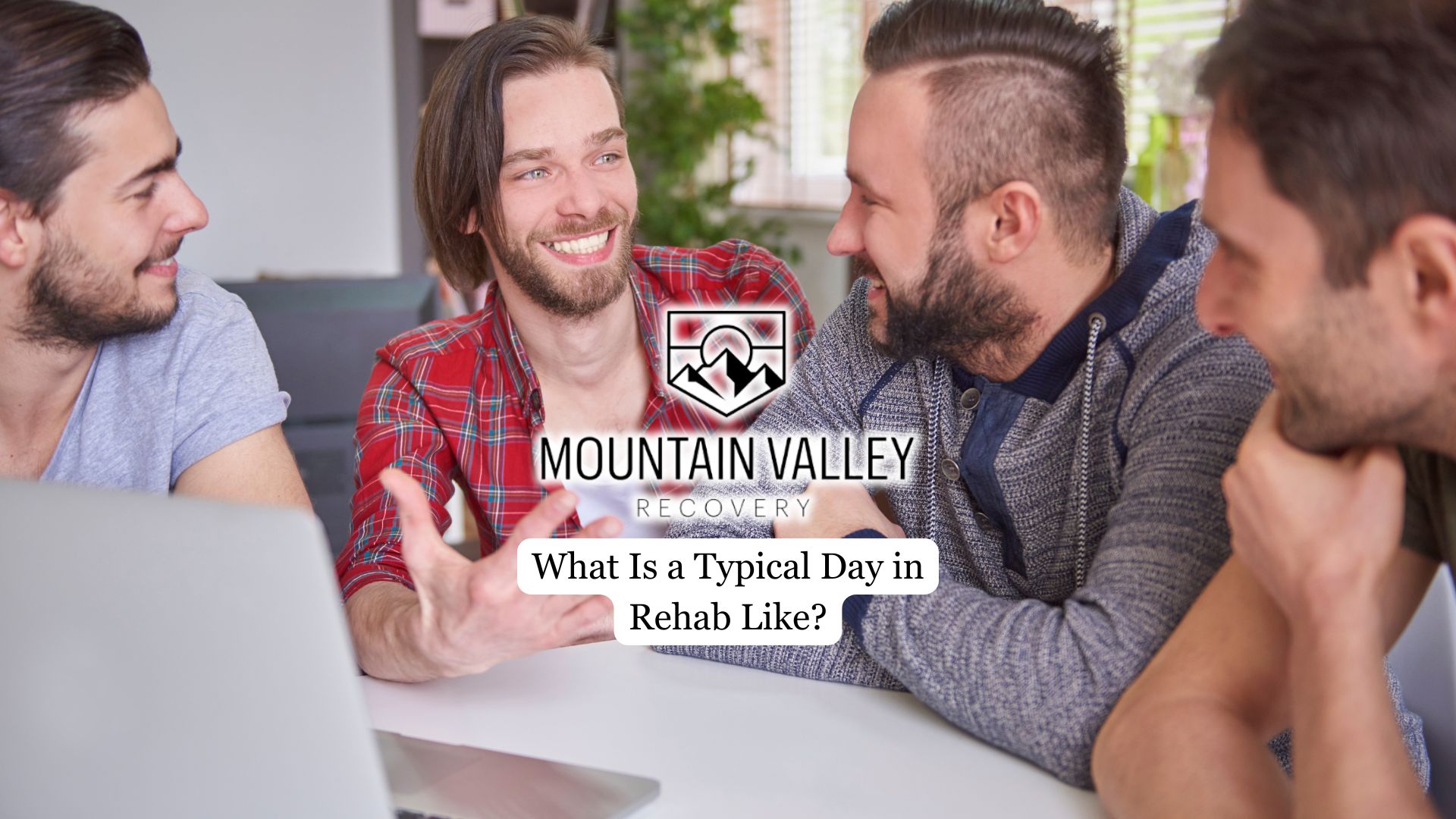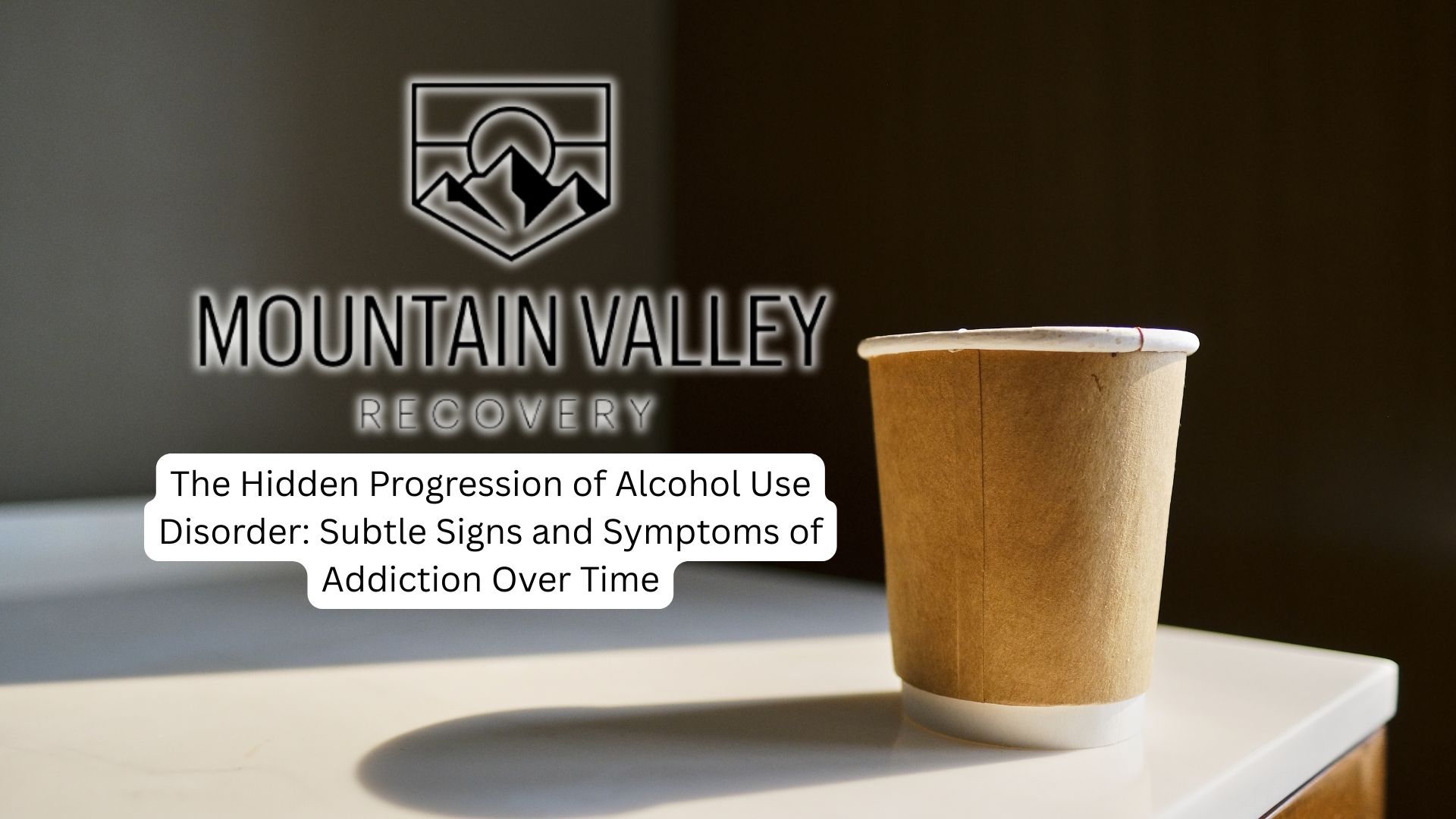While each rehabilitation center has its own unique approach, and individual treatment plans may vary, there are common elements that form the foundation of most inpatient rehab programs. From morning meditation to evening group sessions, each activity is carefully designed to address different aspects of the recovery process.
In this article, we’ll guide you through a typical day in rehab, exploring the various activities, therapies, and routines that make up the rehabilitation experience.
Mornings in Rehab
When you enter drug rehab, your mornings will be structured to help you establish a healthy routine. You’ll start your day early, typically between 7 and 8 a.m., as part of the program’s focus on creating a stable and disciplined environment. A nutritious and balanced breakfast will be provided to nourish your body and mind, setting the stage for the day’s activities.
After breakfast, you’ll dive into the core of your morning routine: therapy sessions. These may include individual counseling or group therapy, each lasting between 45 and 90 minutes. During these sessions, you’ll address personal challenges, explore the roots of your addiction, and develop strategies for maintaining sobriety.
To complement the therapy sessions, you may also participate in mindfulness practices like yoga or meditation, or engage in physical exercise. These activities promote both mental and physical well-being, helping you build a strong foundation for your recovery journey.
Mid-Morning Sessions
Mid-morning sessions, lasting 45 to 90 minutes, are a crucial part of your rehab experience. You’ll engage in individual therapy or group therapy, where you’ll work on addressing negative thought patterns and developing coping strategies through Cognitive Behavioral Therapy (CBT).
During workshops, you’ll focus on building essential life skills, learning emotional regulation techniques, and creating relapse prevention plans.
You’ll be encouraged to reflect on the challenges you faced the previous day and set personal goals for the day ahead.
The structured environment of mid-morning sessions promotes accountability and fosters a sense of community among residents.

Afternoon Therapy Sessions
During these sessions, typically lasting 45-90 minutes you’ll engage in specialized workshops that delve into specific issues, such as relapse prevention or trauma recovery, deepening your understanding of addiction and its management.
Group therapy sessions in the afternoon foster a sense of camaraderie, allowing you to share experiences and support one another in a structured setting. You’ll also have the opportunity for individual therapy, where you’ll receive personalized attention focused on your unique challenges and goals.
This enables the development of tailored coping strategies and therapeutic interventions. Alongside traditional therapeutic methods, you may participate in holistic therapies like art or music therapy, which encourage emotional expression and personal insight.
Free Time and Activities
During the couple hours of free time in the afternoons, you can enjoy activities like billiards, ping-pong, basketball, and volleyball, which promote physical health and social interaction. You’ll also have opportunities to participate in arts and crafts, fitness classes, and mindfulness practices, enhancing emotional expression and relaxation.
The evenings are designed to encourage sober engagement and community bonding, often featuring movie nights, karaoke sessions, and holiday-themed events.
You’ll take part in structured discussions or 12-step meetings that foster continued support and accountability. Organized social events and activities will help you build connections and friendships, which are vital for maintaining sobriety and promoting a sense of belonging in your recovery journey.
Evening Routine
You’ll enjoy communal dinners that encourage social interaction and strengthen connections with your peers. After dinner, you’ll participate in supportive group discussions or 12-step meetings, where you can share your experiences and hold each other accountable in your recovery journey.
Reflection time is built into the evening schedule, giving you a chance to journal about your daily experiences and progress. This introspective practice is vital for gaining personal insights and promoting growth.
Evening activities may also include recreational options like movie nights or themed events, providing opportunities for sober entertainment and relaxation.
Final Thoughts from Mountain Valley Recovery
Mountain Valley Recovery’s men-only inpatient program in Utah provides a focused and supportive environment for individuals beginning their recovery journey.
Set in a peaceful ranch setting, the program offers a secure space for men to connect with peers, participate in evidence-based therapies, and work towards achieving lasting sobriety. The unique combination of professional care and the serenity of nature creates an ideal opportunity for healing and personal transformation.





